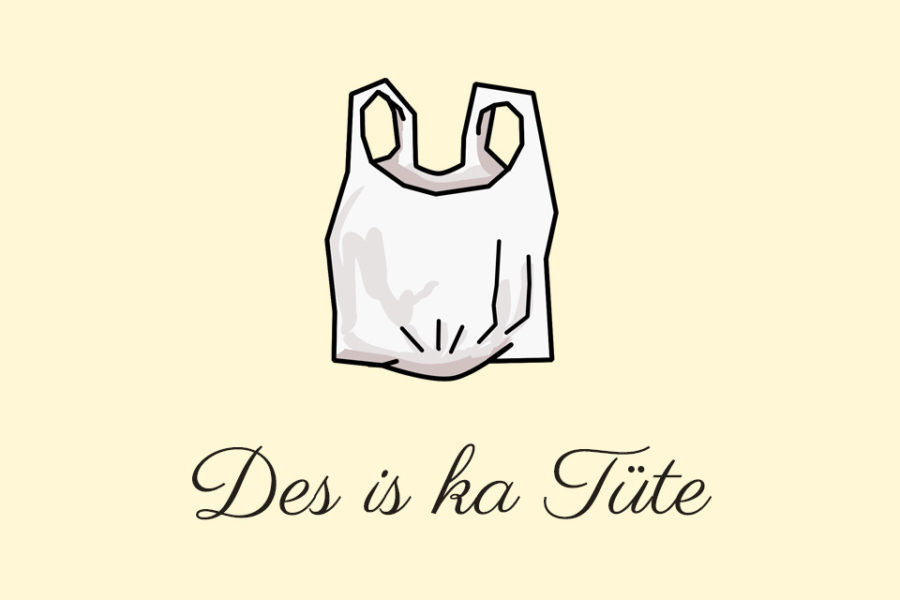The quote that “Britain and America are two nations divided by a common language” is often attributed to Sir Winston Churchill. A version I hear often in Vienna is “nothing unites Austrians and Germans so much as their divided language” (“nichts verbindet Österreicher und Deutsche so sehr wie ihre geteilte Sprache”.
Austrian German is full of unique words, some stemming from Vienna’s melting-pot role in the Austro-Hungarian empire before 1918. Many, such as “Palatschinken” (a pancake), “Paradeiser” (a tomato) or “Beisl” (a restaurant) are to do with food.
For me, one difference is that whereas the United States, the United Kingdom and other countries where English is spoken basically have a single language with a vast range of accents and differences in usage and spellings, in Germany and Austria (and Switzerland) you have a range of dialects which are so different from each other as to be more or less incomprehensible.
If anyone has not seen my “Servus, ich bin Leigh!” video of September 2016, in which I massacre a few words in various Austrian dialects, do have a look.
Of course, I would never suggest that one version of a language is better than another (would anyone?) But I was intrigued recently to discover an Austrian word which seems to have no “Hochdeutsch” (high German) equivalent.
That word is “Häferl”, meaning a mug.
But wait! I hear you cry – surely in Germany you can have eine Tasse, or einen Becher?
The problem is that neither of these words translates quite so directly into “mug” as “Häferl”. A “Tasse” is usually more like a tea cup, whereas a “Becher” can equally be a cup, a beaker or something rather larger.
It follows that I have been using the word “Häferl” at every opportunity.
In fact there is quite a trend for Austrian words ending in “-erl”. My favourites include “Sackerl”, for what many Germans might call a “Tüte” or a plastic carrier bag and “Semmerl” for what in Germany might be a “Brötchen” or bread roll. I also like the Austrian word “fad” for the Hochdeutsch “langweilig” or boring. “Es ist mir wurscht”, for “I could not care less”, or possibly “I couldn’t give a sausage” also deserves an honourable mention.
What do you think? Do you have favourite Austrian words? Are there other words which exist in Austrian German which do not have a “Hochdeutsch” equivalent? Do let me know. And watch out for our rare and collectable British Embassy “Häferl” (pictured above) which we occasionally give away as prizes, or gifts at Embassy functions.

